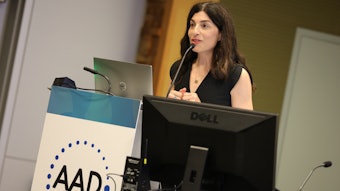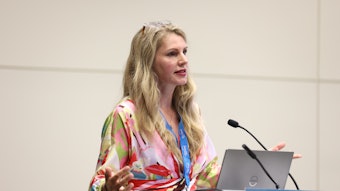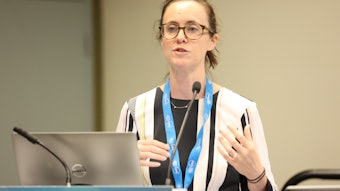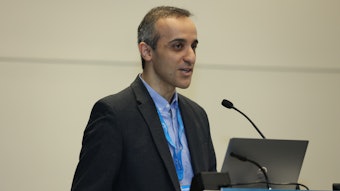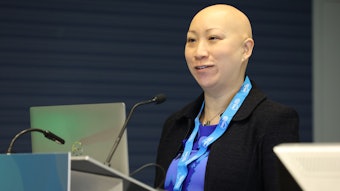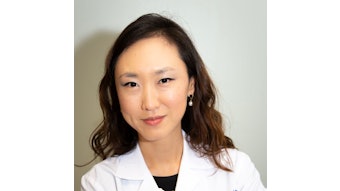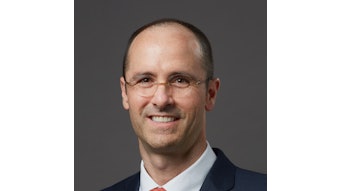“Everyone can have a positive impact.”
Dermatologists answer the call to address health inequities.
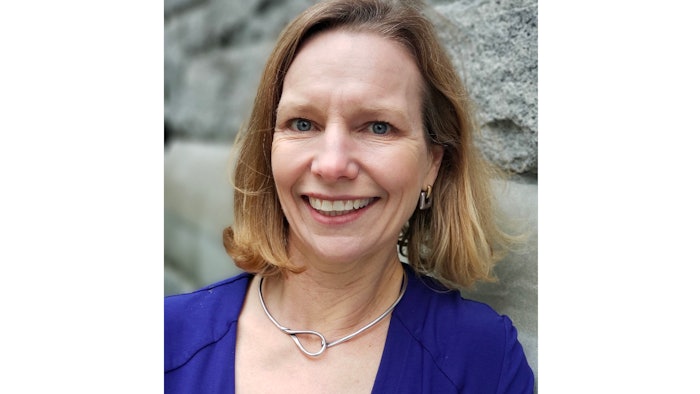
P028 – Innovations in Addressing Health Care Equity
Saturday, July 23 | 10 a.m.-12 p.m.
Room 122
Saturday’s P028 – Innovations in Addressing Health Care Equity will explore multiple factors that contribute to health inequities and disparities, according to session director Wingfield Ellis Rehmus, MD, MPH, FAAD. The session will then shift to exploring innovations to address those inequities, including improving access to health services to underserved populations via telemedicine, increasing representation of skin of color (SOC) in medical education, expanding access to dermatology education, mitigating the impact of climate change on skin health, and supporting children and families who face structural barriers to care.
“Research into the impact of health inequities on outcomes in dermatology has demonstrated discrepancies in outcomes in many dermatology conditions, including cutaneous neoplasms, atopic dermatitis, hidradenitis suppurativa, and acne,” said Dr. Rehmus, who is a clinical associate professor in the department of pediatrics at the University of British Columbia in Vancouver.
Dermatology’s essential role
As such, dermatologists play an important role, both individually and collectively, in addressing health inequities. Session panelists will detail specific areas in which dermatologists can lend their support. For example, she said, dermatologists who are active in research can design studies that further explore health inequities and the factors that lead to them. Those in clinical practice can strive to practice in a culturally sensitive manner and learn from their patients about the structural challenges they face. Every dermatologist can work to find innovative ways to reach patients who cannot access physicians due to barriers they face, she said.
“Many of the factors that lead to health disparities are systemic in nature and will require systemic solutions,” Dr. Rehmus said. “Collectively, we can make a difference through research, education, and advocacy for systemic change.”
Educate yourself about disparities
One of the first steps dermatologists can take is to learn about health disparities, the factors that underpin and perpetuate these disparities, and how they impact their patients and communities, Dr. Rehmus said. Individually, dermatologists interested in this work can begin by building relationships with those who are already working to address inequities. She suggests advancing existing efforts through providing financial support, time, and attention.
“No one person can solve the problem of health inequities and health disparities. These are large complex problems that will require systemic change. However, everyone can have a positive impact and collectively we can effect change,” she said. “We, as dermatologists, are in a unique position to raise awareness of the challenges our patients face and to advocate for innovative ways to address these challenges.”
Visit AAD DermWorld Meeting News Central for more articles.
